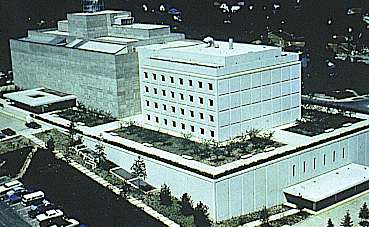- Sep 13, 2002
- 93,985
- 190,001
- 113
The human remains taken from Hiroshima and Nagasaki formed a crucial archive for understanding the effects of radiation, and from the very beginning the U.S. government touted the usefulness of this new collection. A 1946 International News Service wire article that discussed Midori Naka’s remains reveals that scientists had determined that the type of structure a victim was in at the time of exposure affected the impact of the radiation: “The fate of the Japanese is correlated with the type of building and its location in which they suffered injuries or death. This knowledge is expected to lead to development of structural defenses.” Many of the scientific assessments of fallout and radiation poisoning depended, at least in some measure, on this wet archive.
Specimens in the “wet archive” were known primarily by number. But for these remains to have scientific value, the organs had to be further atomized and anatomized, thinly sliced into slides, stabilized in wax and formaldehyde, and otherwise preserved, altered, or mutilated. They ceased to be human, and instead became records. Nobuki Uchiyama became known as Atomic Energy Case #158930-79. This change was significant. An individual who dies from radiation poisoning is a case history. Only in the aggregate did these lives—and deaths—begin to mean something else, as individual specimens could be compared against others to identify trends and differences. The body parts expatriated to the United States lost any connections they held to the individuals and identities that they had once been part of. They stopped being parts of human bodies became even smaller parts in a larger new body of knowledge.
Specimens in the “wet archive” were known primarily by number. But for these remains to have scientific value, the organs had to be further atomized and anatomized, thinly sliced into slides, stabilized in wax and formaldehyde, and otherwise preserved, altered, or mutilated. They ceased to be human, and instead became records. Nobuki Uchiyama became known as Atomic Energy Case #158930-79. This change was significant. An individual who dies from radiation poisoning is a case history. Only in the aggregate did these lives—and deaths—begin to mean something else, as individual specimens could be compared against others to identify trends and differences. The body parts expatriated to the United States lost any connections they held to the individuals and identities that they had once been part of. They stopped being parts of human bodies became even smaller parts in a larger new body of knowledge.


